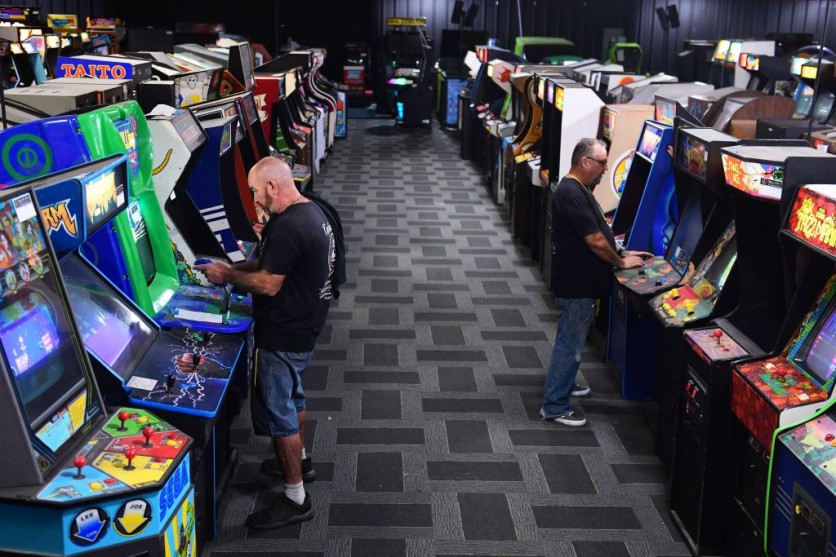Video games are not only for leisure and entertainment but may also unlock some of our untapped cognitive skills. A musical rhythm game aims to improve an adult's short-term memory, as reported first by ScienceAlert.

All About Rhythmicity
47 adults between the ages of 60 and 79 were divided into two groups to test the effects of the game. One group played the musical rhythm game Rhythmicity, while the other played a standard word search game for 20 minutes each day, five days a week, for eight weeks.
The difference between the two groups was evident: as participants progressed in the game, Rhythmicity's methods for targeting visual perception and selective attention had an impact on short-term memory with the help of a face recognition exercise.
"As hypothesized, only the rhythm training group exhibited improved short-term memory on a face recognition task, thereby providing important evidence that musical rhythm training can benefit performance on a non-musical task," the research team wrote in their published study.
Rhythmicity was created with former Grateful Dead drummer Mickey Hart and taught people how to play a beat on a tablet using visual cues. As players advanced, the tempo, complexity, and level of precision required were all adjusted.
One of the things that makes the game unique is its ability to adjust its difficulty level based on the user, pushing them to get better without ruining their gaming experience.
Electroencephalography (EEG) was used for the post-training analysis during a recognition task involving unidentified faces. After the eight-week session, rhythmicity players performed better at recognizing faces, and EEG tests revealed greater activity in the superior parietal lobule, the part of the brain associated with sight-reading music and short-term visual recall.
The study's authors have been working in this area since 2013, when they created the video game NeuroRacer, which has been found to increase working memory significantly and sustained attention in older individuals after four weeks of playing.
Other Games that Boost Memory
The game Body-Brain Trainer, shown in a recent study to increase blood pressure, balance, and attention in senior persons, was played after that.
Heart rate information was then continuously supplied back into the program so that the game could adjust to the player's fitness levels, according to ScienceAlert.
A different game, the virtual reality Labyrinth, which pushes players to use spatial navigation, has demonstrated after four weeks of training that it can aid older adults' long-term memory as well.
These games show ways to keep our minds fresh, even though cognitive control often declines as we age.
"These games all have the same underlying adaptive algorithms and approach, but they are using very, very different types of activity. And in all of them, we show that you can improve cognitive abilities in this population," neuroscientist Adam Gazzaley from UCSF said in a statement.
Related Article : Video Games Can Apparently Help Improve Children's Reading Skills, According To A New Study
This article is owned by Tech Times
Written by Joaquin Victor Tacla
ⓒ 2026 TECHTIMES.com All rights reserved. Do not reproduce without permission.




